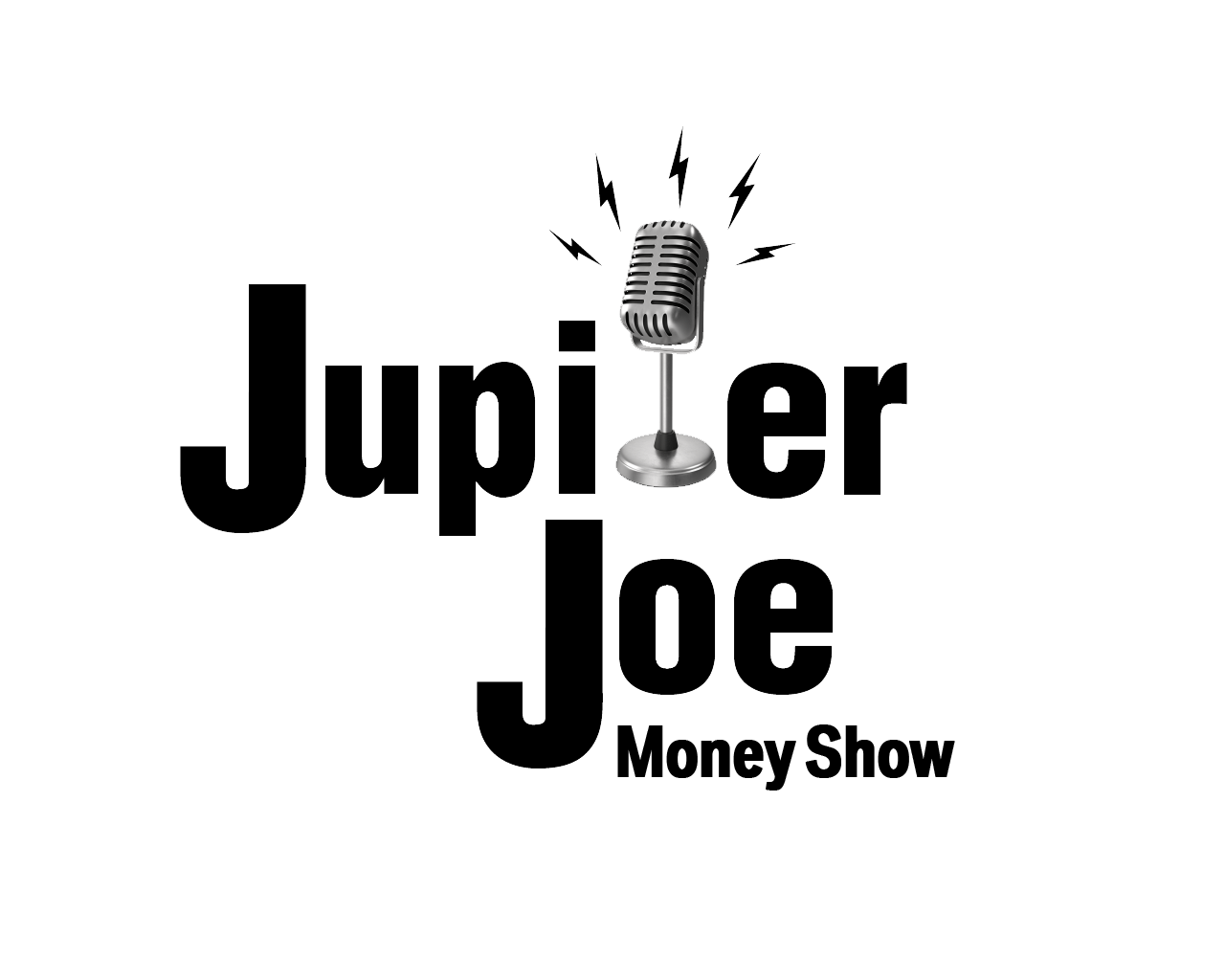How can a Roth IRA be a game changer for me?
Here's the deal, I’ve talked to so many people and they'll go, I have a Roth IRA and they'll have like $25,000. In the meanwhile, their IRA has $250,000. And I say, well, it's not that you have a Roth IRA, it's that you should convert more of your IRA to a Roth IRA. Why are we doing that? So you don't pay taxes later.
So, here's an example. Let's say that you have $100,000 right now in an IRA, and you convert it to a Roth IRA, 10 years from now, that account is now worth $200,000. You pay no tax on that gain of $100,000.
So if you go from $100k to $200k, there's no taxes. If you leave it to your family, there's no taxes as a death benefit. If you take income on it, there's no taxes on it, and all the gains are tax free. That's why a Roth IRA is so important.
I do get a lot of clients who want to talk about the Roth IRA, and they want to figure out how to convert them, but they always come down to well, I gotta pay taxes.
Well, let me explain something…whether you have a 401(k), IRA or any tax qualified account, you're going to pay taxes, whether you want to or not. Or your family is going to pay it, when you leave it to your husband or your spouse, they are going to pay for it either way.
So you might as well pay the tax if you don't need it in the future. Why not spread the tax owed over five years or ten years? So pay the tax over a period of time, and get rid of all the taxes. And then it's 100% tax-free.
If you have $200,000, we can show you how in the future, you might have $400,000, and you pay zero taxes on the gains. And when you leave it to your family. It's tax free. It sounds too good to be true, doesn't it? But it's not. It's reality.
I think it's smart, to convert any money you don't need now, into future money that you're either going to leave to your family, or that you're going to take income on later.
Now, the Secure Act 2.0, we talked about how you don't have to take an RMD (required minimum distribution) until age 73. It is so smart to convert from an IRA to a Roth IRA. So you don't have to pay taxes, you don't have to take any RMDs (no required minimum distribution). This means no taxes when you do retire. Isn't that a smarter thing?
We show clients how to transfer their 401(k) or any other tax qualified account into an IRA to a Roth IRA in the most tax advantaged way. Book an appointment now to talk further with Jupiter Joe about your best options for your retirement.
*Blog Disclosure: It's not the purpose of this blog post to provide tax, legal and/or financial advice and you should always seek counsel from your CPA, attorney, and/or advisors as these topics relate to your specific needs. This information is being presented in a very general way and it's for illustrative purposes only.